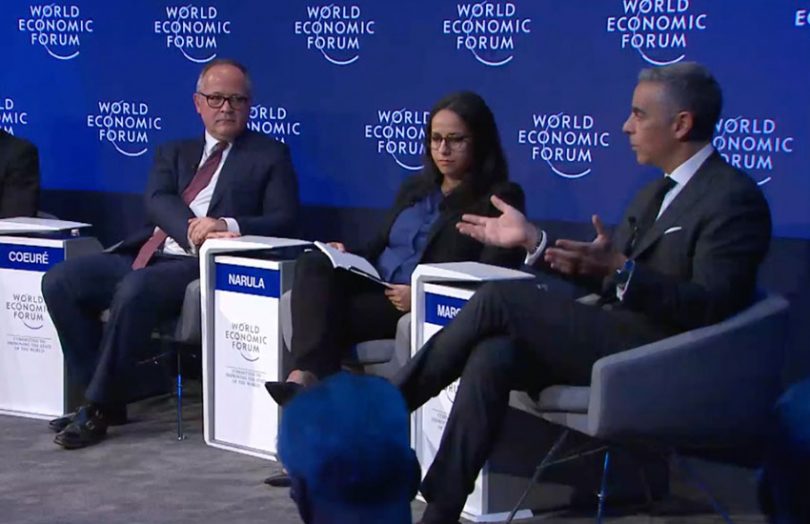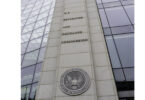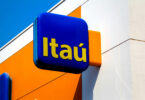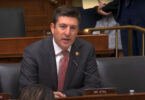Yesterday at the World Economic Forum, Facebook’s David Marcus, who is also a director of the Libra project, spoke on a digital currency panel. Libra consists of two aspects: the blockchain network and Libra’s proposed stable coin backed by a basket of real currencies. His comments emphasized the network, and he suggested a variety of entities could issue digital currencies.
Marcus observed how it would be unacceptable if you used Gmail and were unable to send an email to someone at Yahoo mail. “But this is currently the situation. If you use a wallet app today, you cannot send a payment outside of the wallet app,” he said. Hence, he emphasized the need for interoperability.
“What matters is to figure out what is the right network to host those stable coins or CBDCs (central bank digital currencies).”
Marcus continued: “We bring I think a good technological solution to the network itself. And I want to really make that distinction between the network and the assets that are running on top of the network, which I think could be issued by many different entities, whether it’s central banks or the private sector in some cases.”
Libra’s planned currency has triggered a massive backlash from regulators. But central bankers are even more concerned. Reservations aren’t limited to the potential illicit use of the digital currency. Instead, central bankers worry about how a private digital currency distributed to Facebook’s 2.4 billion users could potentially challenge the sovereignty of national currencies.
So the big question is whether Libra is reconsidering its currency. Or whether it will additionally support other currencies, much like Ethereum supports many tokens.
It was notable that Marcus implied that central banks might consider launching currencies on the network.
Either way, expect more changes from Libra. “When we announced the project in June, some people thought, ‘this is it’. It’s the fully baked product envisioned, with all of the things figured out,” said Marcus. “And it wasn’t. We wanted to start a conversation and that we did for sure!”
At the start of the panel session, Marcus stated that it’s “unacceptable [to have] 1.7 billion people who are currently unbanked. Another billion underserved. And we still don’t have a global network to move digital money around.”
“In telecommunications, we went from paying a dollar a minute for an international call to not paying anything with a very cheap Android device, using over the top communication apps. But the same hasn’t happened with money.”






